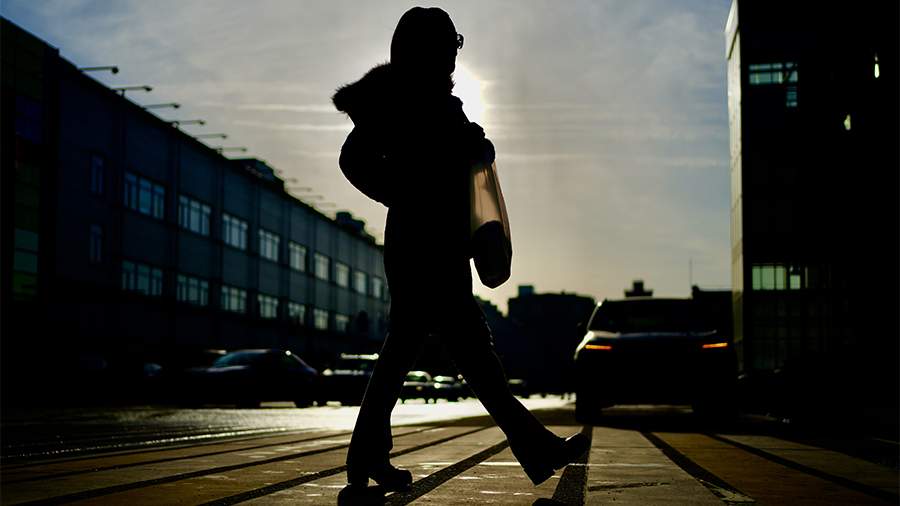Winter Solstice on December 21 - features, traditions, prohibitions

At the end of December, the inhabitants of the Northern Hemisphere of the Earth are waiting for the winter solstice, marking the longest night and the shortest day. In 2024, this astronomical event falls on Saturday, December 21. "Izvestia" tells what traditions and prohibitions are associated with this phenomenon.
Winter solstice in 2024 - what it is, when it starts
Solstice is an astronomical event during which the sun is maximally inclined to the north or south relative to our planet, passing the longest or shortest path above the horizon. These moments occur twice a year, in June and December. For residents of the Northern Hemisphere, which includes Russians, the summer solstice marks the shortest night and the winter solstice the longest. For those who live in the Southern Hemisphere, it's exactly the opposite.
In 2024, the winter solstice falls on December 21. From this date in the Northern Hemisphere begins astronomical winter, which will last until the vernal equinox (March 20, 2025). The daylight hours will be the shortest of the year - only seven hours, while the night will take 17 hours. However, already from December 22, the day will lengthen by a few minutes every 24 hours.
Winter Solstice on December 21 - traditions
In many cultures, the winter solstice is perceived as the transition from winter to spring. Celts, Germans and Scandinavians on this day celebrated Yule - the holiday of turning the wheel of the year and the beginning of a new life cycle. In honor of the celebration, sacrifices and special rituals were made.
One of the main Yule traditions was the burning of logs. For this purpose a large oak log was chosen, decorated with berries, fruits and plants, and then set on fire. The remaining ashes were collected and stored until the next festival, and the old ones were scattered over the fields to increase yields.
Some elements of Yule later passed into Christmas: instead of burning a log, a dessert in the form of a chump was prepared, ritual wreaths were replaced by Christmas compositions, and the Yule tree was replaced by a dressed-up fir tree.
In Russia, before the advent of Christianity, the winter solstice was celebrated on Kolyada, the festival of the birth of the winter god who would protect the sun from the evil frost spirit Karachun. On this day people burned bonfires symbolizing the luminary, and led round them round dances.
Young people went around the courtyards with merry carols and congratulated the owners, wishing them health, prosperity and other blessings. For this they were entitled to treats - sweets and pastries. If the owner of the house refused to welcome guests, his door and fence were pelted with snowballs.
On Kolyada they also organized lavish feasts. Round pies in the shape of the sun and meat dishes were often put on the table. It was believed that one should not be stingy on the holiday. Also on this day it was customary to make wishes on the sun. It was believed that the luminary could fulfill any request, as well as get rid of negativity and various troubles. After the baptism of Russia, such attributes of pagan celebrations as carols and fortune-telling became part of Christmas and Christmas Eve.
Winter solstice was celebrated by other peoples. Thus, in ancient Rome on this day honored the god Saturn - the patron saint of farmers. For a few days any work and lessons in schools were stopped. City dwellers organized lavish feasts and sacrificed livestock. In India the holiday was called Sankranti, it symbolized the approach of spring. The Incas dedicated the celebration to the sun god Inti, the most important in the pantheon. The celebration was accompanied by dancing in colorful costumes and ritual masks.
What you can and can not do on the December solstice December 21
The day of the winter solstice from ancient times was perceived as a holiday of purification and the beginning of a new life. In Russia, it was customary to meet in a clean hut and neat clothes. At the same time during the celebration should not be engaged in household chores. According to folk beliefs, a person who works on the holiday will spend the whole year doing hard work.
On the solstice day our ancestors tried to avoid quarrels, especially with loved ones. It was believed that disagreements could lead to real enmity and quarrel family members or friends for a long time. Sadness and anxious thoughts in the holiday also drove away, so that the next year passed cheerfully.
On the winter solstice, villagers went to the bathhouse to wash away all the negativity and improve their health. People believed that hot water could take away all the bad things, and healing herbs would drive away diseases.
Earlier "Izvestia" told about the peculiarities of the December full moon and the influence of the Cold Moon on a person.
Переведено сервисом «Яндекс Переводчик»


